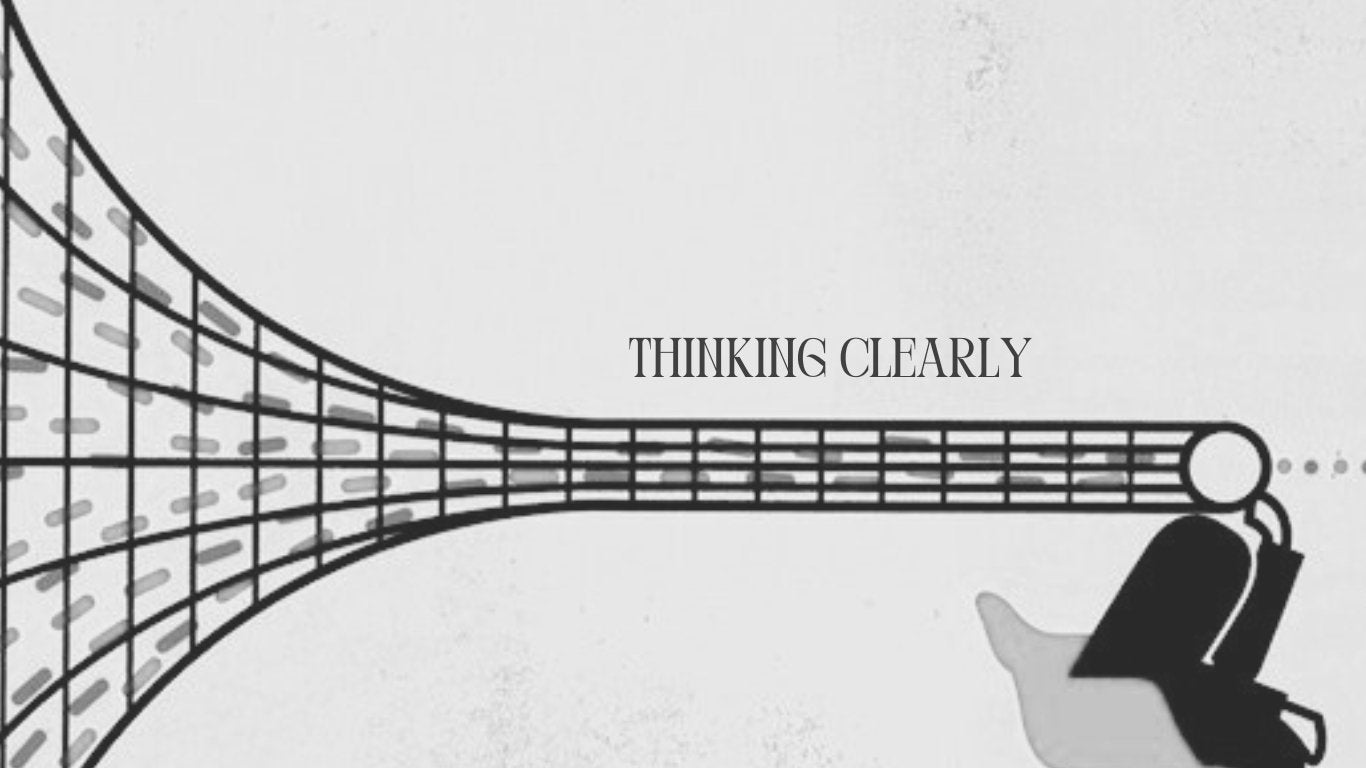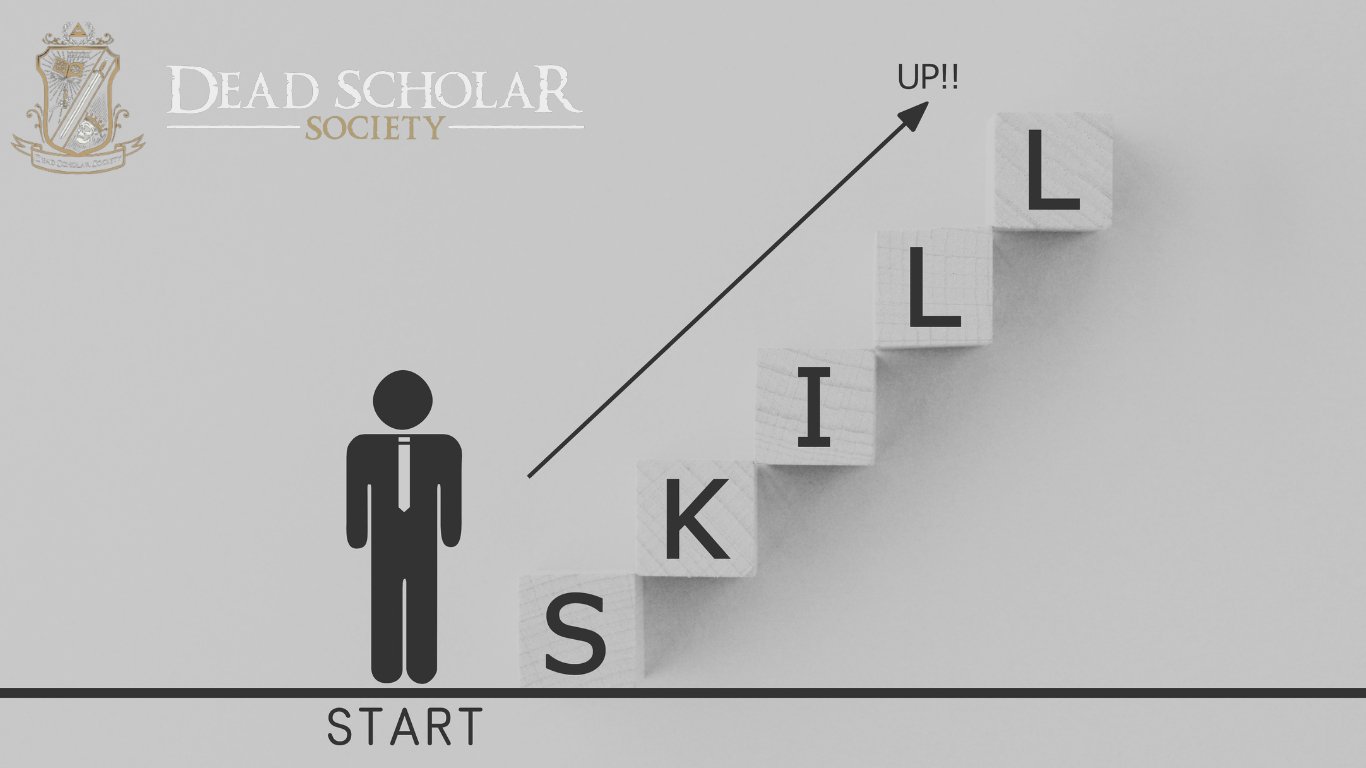
Emotions and Decision-Making: The Clear Thinking Connection
Have you ever made a decision in the heat of the moment, only to regret it later? We've all been there. Emotions have a powerful influence on our decision-making process, often leading us astray. But what if there was a way to take control of our emotions and make clear, rational decisions? In this blog post, we will explore the connection between emotions and decision-making, and provide strategies to help you think critically about your emotions for better decision-making in all aspects of your life.
How do emotions influence decision-making?
Research has shown that emotions play a significant role in our decision-making process. When we experience strong emotions, such as fear or anger, our ability to think clearly and objectively is compromised. This can lead to impulsive and irrational decisions that we may later regret.
For example, imagine you receive a frustrating email from a colleague. Your initial emotional response may be to fire off a heated reply without carefully considering the consequences. However, if you take a step back, calm your emotions, and think critically about the situation, you may realize that a more measured and thoughtful response is in your best interest. Taking some time to think before acting can be the difference between the right move and a very wrong move. Here are a few tips to help control your emotions and act rationally.
Rationality In Psychology
The term "rationality" is not commonly used in psychology due to its ambiguity and value-laden nature. Instead, psychologists focus on "dual processes" of thought, like controlled vs. automatic processing, without assigning value judgments.
Studies indicate that human thought is largely non-rational, characterized by unconscious, automatic, emotional, and heuristic processes. This approach to cognition is routine and automated, often more efficient than conscious, deliberative thinking. Nobel laureates Herbert Simon and Daniel Kahneman highlighted the significance of emotion in judgment and decision-making. People often use heuristics, which are mental shortcuts, for reasoning, sometimes leading to errors but generally being adaptive and efficient.
"Thinking and acting appear to be guided, much more than is generally realized, by the requirements of resource management (Proffitt, 2006)"
Contrary to the belief that avoiding heuristic errors is better, research shows that people who engage in heuristic thinking tend to be healthier, happier, and more successful.
Strategies for controlling emotions
Controlling your emotions is easier said than done, but with practice, it is possible. Here are some strategies to help you gain control over your emotions:
- Awareness: Pay attention to your emotions and how they influence your decision-making. Recognize when you are feeling overwhelmed or emotionally charged. Take a step back from the emotions and allow yourself time to respond.
- Pause and breathe: When you feel your emotions taking over, take a moment to pause and take a few deep breaths. This can help calm your mind and allow you to think more clearly.
- Seek perspective: Reach out to a trusted friend or mentor for their perspective on the situation. They may offer insights that you hadn't considered, helping you make a more informed decision. Another option is to realize that we all have our own ambitions and act in self-interest. Think about your self-interests and try to put them aside.
- Practice empathy: A trick that works well for me is to put yourself on the other side of the situation, or "in the other person's shoes." Think to yourself, "If I were in their shoes, would I do the same thing?" Oftentimes, this is a yes and can give clarity to the motives of the other party. This can help you make a more balanced and fair decision.
- Cognitive Reinterpretation: Altering the interpretation of events before emotions fully develop can effectively manage and shape emotional responses.
The benefits of clear thinking
In business: Clear thinking can lead to better problem-solving, improved communication, and more effective decision-making. It helps when dealing with coworkers/ subordinates/ superiors in the workplace. Separating emotions from the situation can allow the best response to come forward, and prevent others from becoming emotional as well. It can help you navigate challenging situations with a level head and make strategic choices that benefit your career or business.
In relationships: Emotions can often cloud our judgment in relationships. Sometimes, one partner can become emotional, leading to saying and doing things they didn't mean. Allowing your emotions to happen, then acting without their influence, can be extremely healthy. By thinking clearly about your emotions, you can avoid unnecessary conflicts, communicate more effectively, and make decisions that strengthen your relationships.
In personal life: Focused thinking allows you to make choices that align with your values and long-term goals. We can often get overwhelmed by work, family, chores etc. We need mental fortitude to overcome those things and pursue our goals of happiness. It helps you avoid impulsive decisions that may have negative consequences and instead make choices that contribute to your overall well-being and happiness.

Deliberative, logical thought is metabolically expensive. Efficient, automatic thought processes have been crucial for human survival.
Overall:
- Coherent Decisions: Despite being influenced by emotions, clear thinking leads to the formation of logically coherent beliefs, decisions, and actions.
- Optimizing Decision-Making: The interplay of cognition and emotion, when well-balanced, can lead to more optimized and satisfactory decision-making processes.
- Resource Management: Efficient thinking, which balances emotional and rational aspects, is crucial for managing mental and metabolic resources effectively.
- Emotional and Moral Intelligence: Clear thinking, coupled with an understanding of emotional influences, contributes to better moral judgment and overall emotional intelligence.
Remember, emotions are a natural part of being human, but they don't have to control our decisions. By practicing strategies to control your emotions and thinking critically about them, you can make clear, rational decisions that lead to a more fulfilling and successful life.




Leave a comment
This site is protected by hCaptcha and the hCaptcha Privacy Policy and Terms of Service apply.